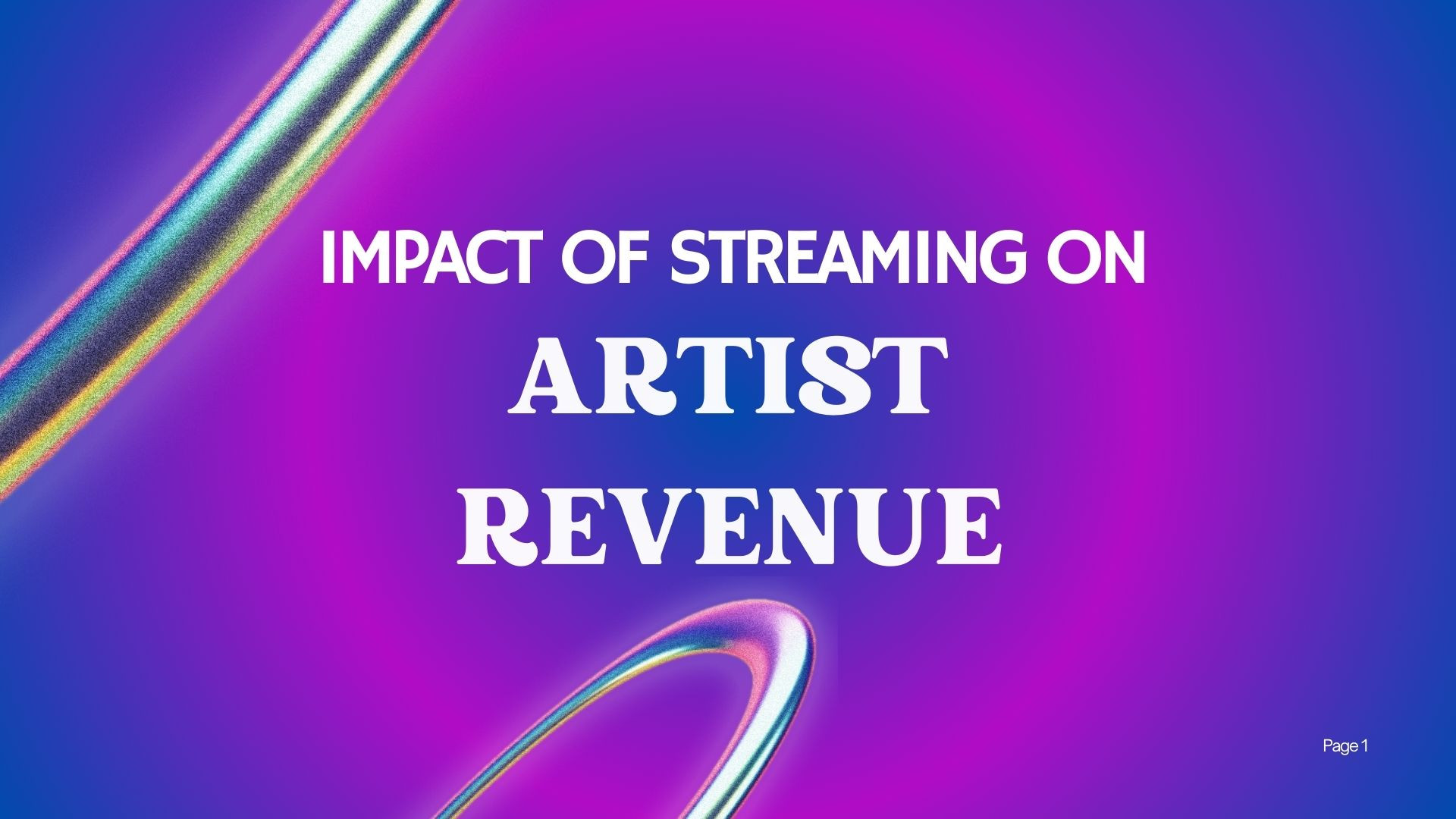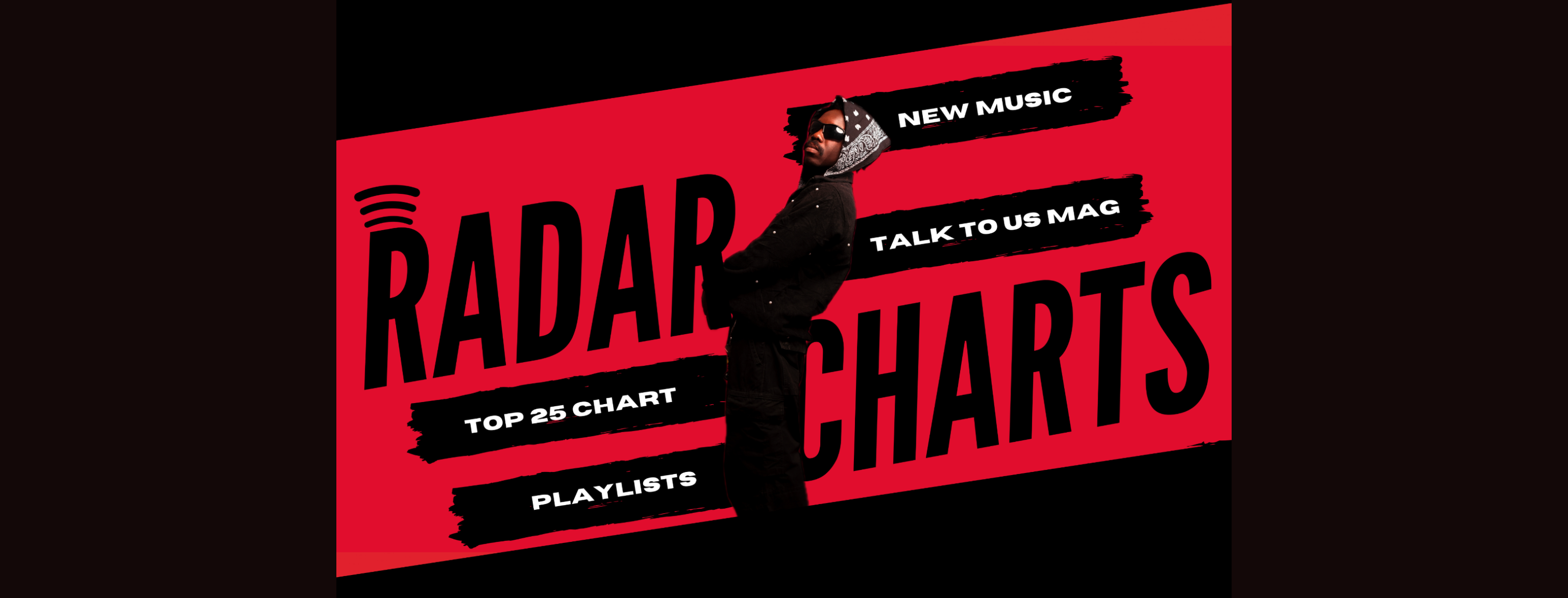The music industry has seen a major shift over the last decade, with streaming becoming the central force in music consumption and distribution. Gone are the days when artists relied heavily on physical CD sales or digital downloads. Today, streaming platforms have redefined how artists connect with fans—and more importantly, how they earn.
Streaming Is Now the Standard
According to the International Federation of the Phonographic Industry (IFPI), streaming accounted for over 62% of global music revenue as of 2020. This means more people are listening to music through digital platforms than ever before. For artists, this shift represents both a challenge and a massive opportunity.
How Do Artists Get Paid from Streaming?
Streaming services such as Spotify, Apple Music, and YouTube pay artists per stream, often between $0.003 and $0.005. This means it takes thousands—and sometimes millions—of streams to generate substantial revenue. While this model heavily favors established artists with large followings, it still holds value for up-and-coming musicians:
- Exposure to a wider audience
- Data insights to better understand fan behavior
- Opportunities to leverage visibility into brand deals, gigs, and sync licensing
Streaming may not be the sole source of income, but it plays a critical role in building a sustainable music career.
Streaming Has Changed the Way Artists Release Music
Because of how streaming works, many artists now prioritize releasing singles and EPs over full albums. This is a strategic move to maintain listener engagement, stay relevant, and increase streaming numbers. Listeners now expect:
- Quick, consistent music drops
- Shorter, attention-grabbing songs
- Engaging visuals and rollout strategies
This evolution in release strategies highlights how streaming platforms influence not just earnings—but creativity too.
Streaming Is Part of a Bigger Revenue Picture
For most artists, streaming is just one part of a larger income puzzle. When done strategically, it can amplify other revenue streams:
- Live performances: Fans who stream your music are more likely to buy concert tickets.
- Merchandise: A strong digital presence boosts brand identity and merch sales.
- Brand partnerships: Streaming stats and fan demographics attract endorsements.
- Sync deals: Music on streaming platforms can be picked for ads, films, or games.
The Pros and Cons of Streaming Revenue
Pros:
- Global exposure
- Real-time feedback from listeners
- Lower distribution costs compared to physical media
Cons:
- Lower payout per stream
- High competition and content saturation
- Difficulty standing out without strong promotion
Final Thoughts: Stream Smart, Build Smart
While streaming might not immediately fill your bank account, it opens doors that traditional models never could. It's not just about getting played—it's about being discovered, understood, and supported by real fans. The artists who embrace the tools of the streaming era and pair them with smart branding and performance strategies are the ones shaping the future of music.
Streaming is here to stay. The smart artist learns how to make it work in their favor.

 hafrikPlayNG
hafrikPlayNG
